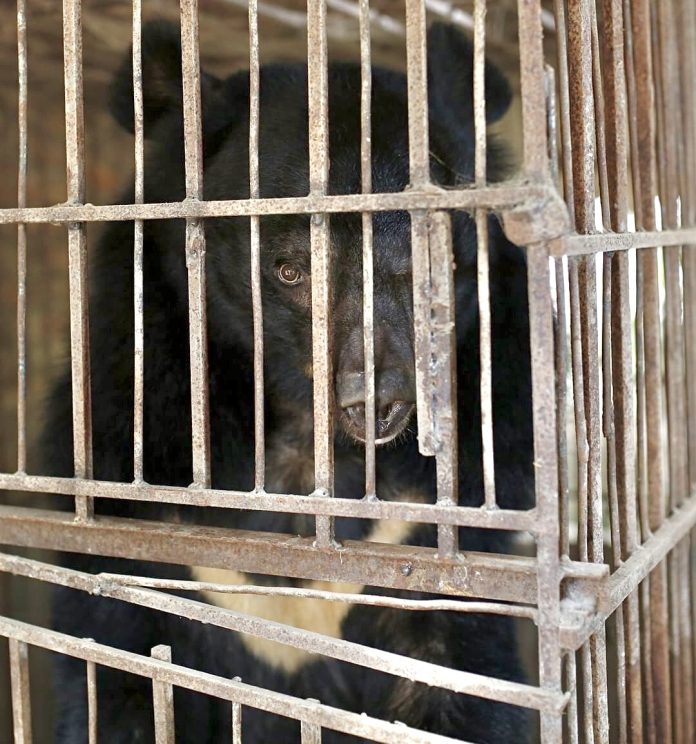
FOUR PAWS Global Wildlife Rescue Saves Last Asiatic Black Bear From Bile Farm In The Son La Province Of Vietnam
You can help all animals and our planet by choosing compassion on your plate and in your glass. #GoVeg

You can help all animals and our planet by choosing compassion on your plate and in your glass. #GoVeg